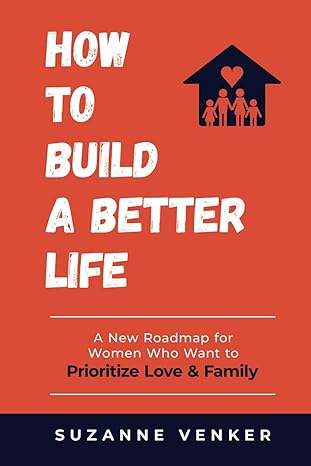Stable Homes
Home Renaissance Foundation Blog
Angela de Miguel-Director of Communication Human renaissance Foundations.
This title is a tautology. The term home already implies the concept of stability. Just as it is assumed that a home is a place where people develop healthily because they have a safe, strong and intimate family environment.
Curiously, however, something is not right when more and more schools are setting up mental health services for children and adolescents; and according to the World Health Organisation, in 2021 one in seven young people aged 10 to 19 suffered from a mental disorder, with depression, anxiety and behavioural disorders being the main causes.
Looking back, I was re-reading one of the chapters of the first book ‘The Home: Multidisciplinary Reflections‘ that we published in 2017 with Edward Elgar Publishers, in which Dr Sir Harry Burns warned about the impact of the home on children.
In his chapter ‘The impact of the home environment on children’s health and cognitive and social development’ Prof. Burns pointed to a stable home and strong family support as key mechanisms to combat the serious health problems that children with unstable homes face in adulthood.
He referred to a report published in 2012 by the American Academy of Pediatrics that provided evidence showing a clear link between the circumstances in which children live and the risk of serious health problems in adulthood (Garner and Shonkoff, 2012).
Circumstances that can jeopardise children’s future health include: chaotic and unstable homes, neglect, abuse, domestic violence, parental addictions, heart disease, cancer and mental illnesses such as depression (Shonkoff et al., 2009).
Households most likely to expose children to these adverse circumstances tend to be at the lower end of the socio-economic scale. The relationship between poverty and ill-health is one of the least addressed but most important issues in public health. These children are deprived of vital opportunities from childhood onwards.
Research is needed to anticipate the early symptoms and provide prevention or defense mechanisms on many issues that are a key challenge for today’s society.
The points of view expressed by the authors of videos, academic or non-academic articles, blogs, academic books or essays (“the material”) are those of their author(s); they in no way bind the members of the Global Wo.Men Hub, who, amongst themselves, do not necessarily think the same thing. By sponsoring the publication of this material, Global Wo.Men Hub considers that it contributes to useful societal debates. Material could therefore be published in response to others.

Angela de Miguel
Communication Director at Home Renaissance Foundation






Commentaires récents